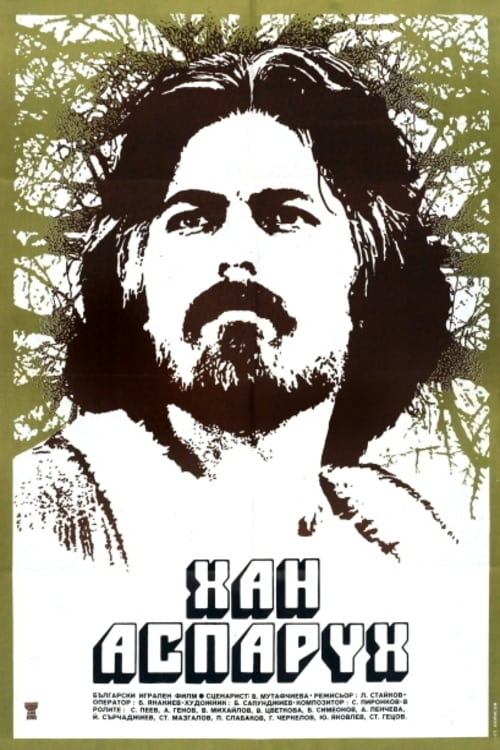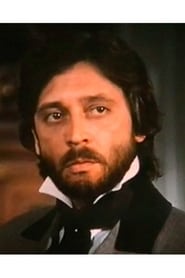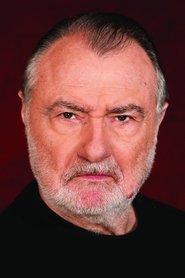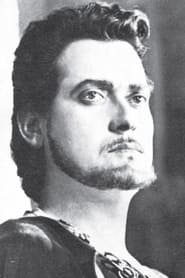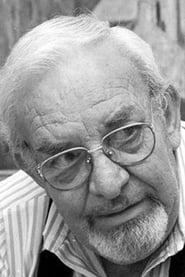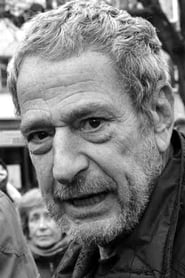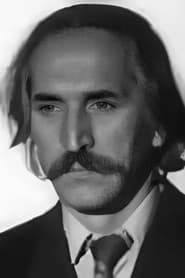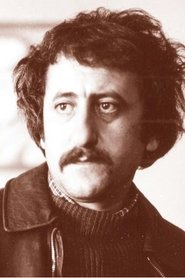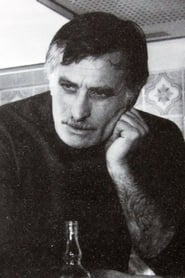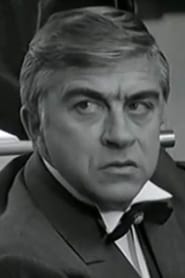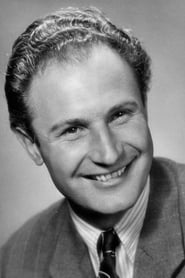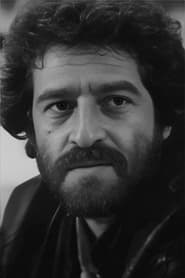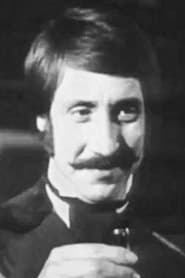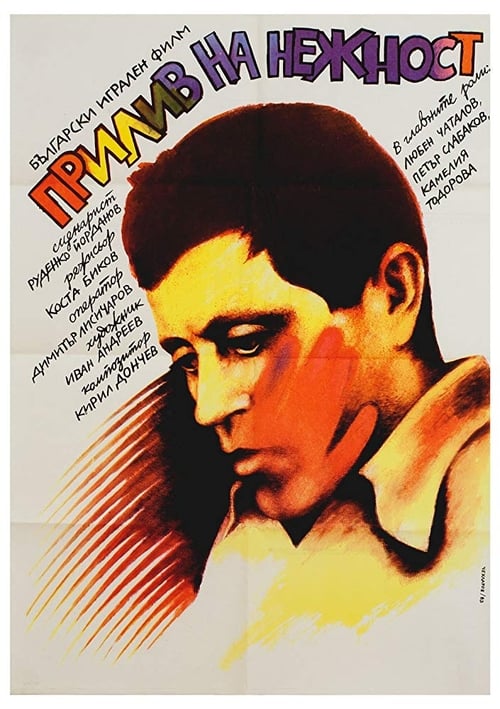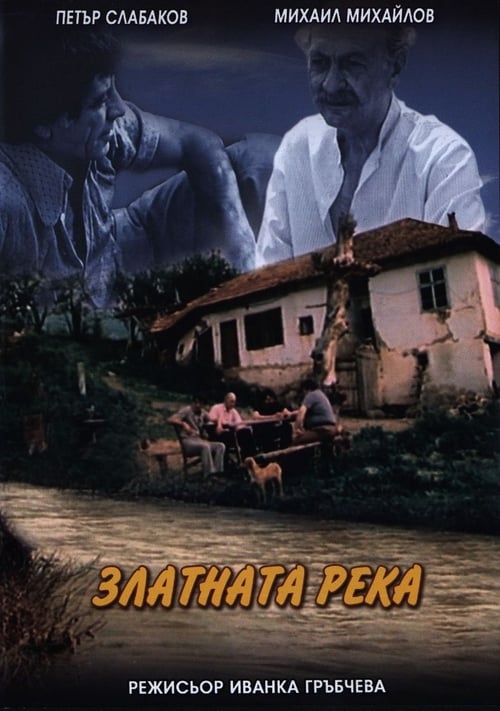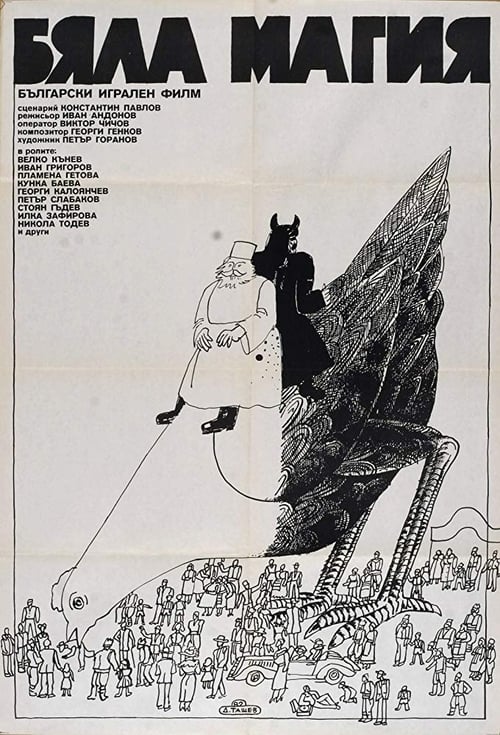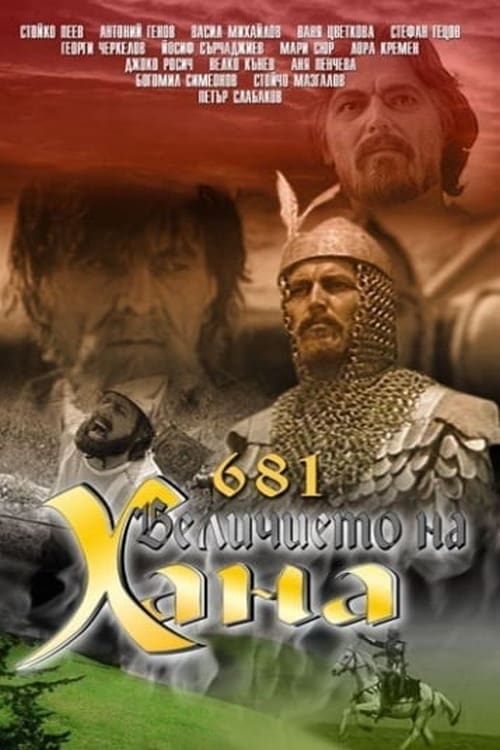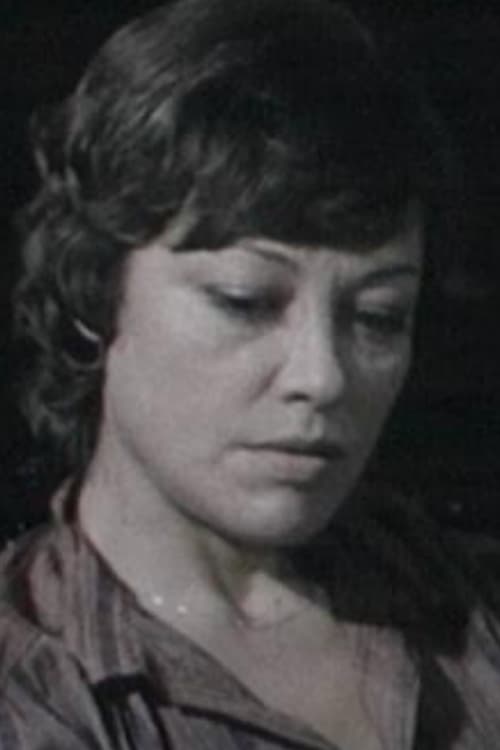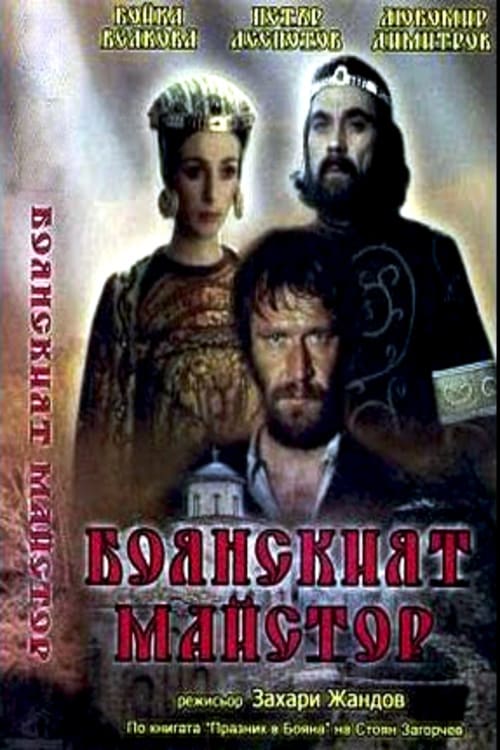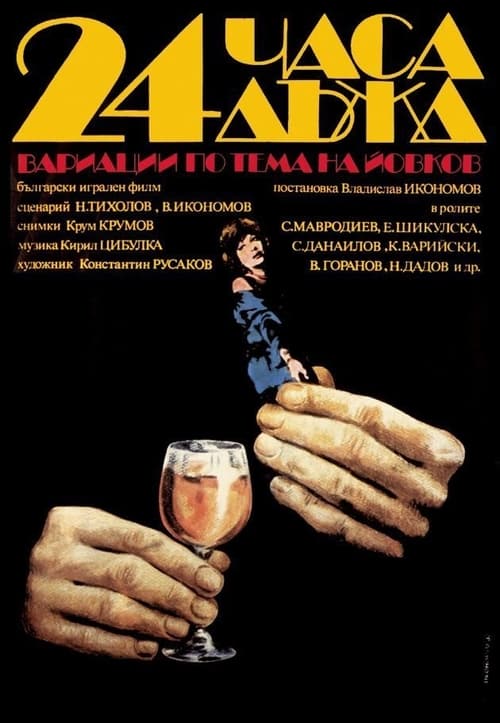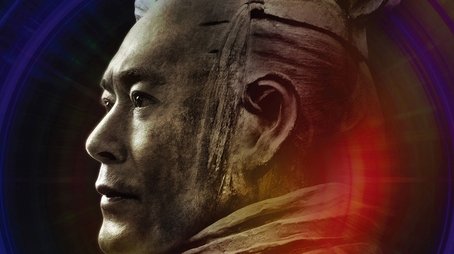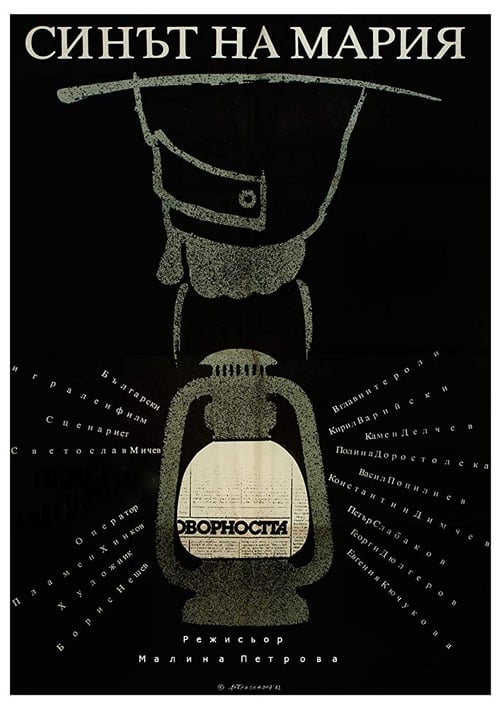
Ask Your Own Question
What is the plot?
The sun rises over the marshy delta of the Danube, its golden light glinting off the armor of weary warriors and the anxious faces of women and children. It is the year 681 AD, and after two decades of wandering, Khan Asparukh, youngest son of the legendary Khan Kubrat, stands at the threshold of destiny. Behind him, the remnants of the Bulgar horde--battle-hardened men, hopeful families, and a people desperate for a home--gaze southward, toward the lands of the Byzantine Empire. The air is thick with anticipation and the scent of damp earth. This is the moment they have dreamed of: the chance to claim a "land forever," to end their exile and forge a nation from the ashes of their past.
The Captive Chronicler
The story unfolds through the eyes of Belisarius, a captured Byzantine chronicler, whose quill scratches across parchment as he narrates the epic from his cell. "Human history," he muses, "has caused not only countless murders, but also not a little madness before the murder…" Belisarius is more than a prisoner; he is a witness, a philosopher, and, reluctantly, a participant in the birth of a nation. His wife, Ie, and their son remain with him, torn between loyalty to their homeland and the uncertain future among the Bulgars.
The Weight of Leadership
Khan Asparukh, portrayed by Stoyko Peev, is a figure of quiet intensity. His face bears the scars of battles fought and miles traveled. He is not merely a warrior, but a visionary, a leader who has carried the hopes of his people across the steppes, through the shadow of the Khazar Khaganate, and now to the banks of the Danube. His father's dying wish--to find a land where the Bulgars could thrive--echoes in his mind. Around him, his closest advisors and warriors gather: Kniaz Slavun, a proud and aging chieftain; Velizariy, a loyal commander; Pagane, a fierce warrior woman; and the High Priest of Tangra, spiritual guide to the people.
Asparukh's leadership is tested daily. Kniaz Slavun, played by an actor whose name is not specified in the sources, questions his role: "What about us?" he demands, his voice edged with pride and doubt. Asparukh replies firmly, "You're going with my army, this is clear now." Slavun, unwilling to submit to the younger man, retorts, "It does not befit my years to kiss your hand, subigi." The tension is palpable, a microcosm of the larger struggle for unity among the tribes.
The March South
The Bulgars break camp and begin their march south, toward the contested lands beyond the Danube. The landscape shifts from marsh to rolling hills, the sky wide and open. Scouts return with news: Byzantine patrols have been spotted. The empire, under Emperor Constantine IV, is aware of the Bulgar advance and prepares to repel the invaders.
In the Bulgar camp, strategy is debated. Velizariy argues for a swift, decisive strike. Pagane, her eyes burning with determination, urges caution, knowing the cost of reckless valor. The High Priest of Tangra offers sacrifices to the gods, seeking their favor. Asparukh listens, weighing each voice, then makes his decision: they will cross the river under cover of night, using the element of surprise to gain a foothold.
The Crossing
Moonlight silvers the Danube as the Bulgars ford the river, their movements silent but for the occasional splash and the muffled whinny of a horse. Belisarius, bound but observant, watches from the rear. He sees the determination in the eyes of the warriors, the fear and hope in the faces of the women and children. "The rarest human lot is the possibility to choose," he reflects. "And I did so. The first time--to stay in a world I was thought to despise and hate. The second--not to help the human evil with my own hand…"
The crossing is a success. The Bulgars establish a fortified camp on the southern bank, but their presence does not go unnoticed. Byzantine scouts race back to their commanders, and soon, the empire's army mobilizes.
The First Clash
The first confrontation is swift and brutal. Byzantine cavalry charges the Bulgar lines, but Asparukh's warriors hold firm, their shields locked, their spears bristling. Pagane fights with ferocity, her blade flashing in the sun. Velizariy leads a countercharge, breaking the Byzantine ranks. The enemy retreats, but the cost is high: several Bulgar warriors lie dead, their blood staining the grass. Among them is a young warrior, beloved by his comrades, whose death is mourned with solemn rites led by the High Priest of Tangra.
The Siege and the Stalemate
Days turn into weeks as the Bulgars dig in, building earthworks and palisades. The Byzantines, under Constantine IV (played by Iossif Surchadzhiev), lay siege to the camp, hoping to starve the invaders into submission. Inside the Bulgar lines, supplies dwindle. Children cry from hunger; warriors sharpen their blades and wait.
Asparukh walks among his people, offering words of encouragement. He visits the wounded, clasping hands and sharing stories of their homeland. Belisarius, ever the observer, writes: "The human history has caused not only countless murders, but also not a little madness before the murder…" His wife, Ie, tends to the sick, her hands gentle but her heart heavy with doubt.
The Alliance with the Slavs
A turning point comes when Slavic chieftains, led by an unnamed but influential leader, approach the Bulgar camp under a flag of truce. They have long suffered under Byzantine rule and see in Asparukh a chance for freedom. Negotiations are tense, but Asparukh's charisma and vision win them over. The Bulgars and Slavs swear an oath of alliance, their union sealed with a shared feast and the mingling of blood. This moment is a revelation: the foundation of the Bulgarian state is not merely a military conquest, but a fusion of peoples, a new identity born from shared struggle.
The Final Battle
The Byzantines, sensing the shift in momentum, prepare for a final, decisive assault. Emperor Constantine IV leads his army in person, determined to crush the upstart Bulgars once and for all. The day of battle dawns gray and misty, the air charged with tension.
Asparukh gathers his commanders. "Pagan should go around Boril's men!" he orders, his voice calm but firm. "Don't leave them, close them in a ring!" The plan is set: the Bulgars and their Slavic allies will encircle the Byzantine forces, cutting off their retreat.
The battle is a maelstrom of steel and sweat. The Byzantines charge, their banners flying, but the Bulgar-Slavic lines hold. Pagane leads a flanking maneuver, her warriors striking the enemy's rear. Velizariy's cavalry crashes into the Byzantine center, breaking their formation. The ichirgu-boil (a high-ranking Byzantine officer, played by Djoko Rosic) shouts in dismay as his troops falter.
"Subigi, they're fleeing! Victoryyy! They're fleeing!" a Bulgar warrior cries. The ichirgu-boil confirms: "The emperor's army is fleeing…" Asparukh raises his sword to the sky. "Glory be to Tangra! It's over…" The Byzantines are routed, their emperor forced to retreat in disgrace.
The Aftermath
The field is littered with the dead and dying. Among the fallen are several prominent Bulgar and Slavic warriors, their names lost to history but their sacrifice remembered. The Byzantines suffer heavy losses, but the sources do not specify individual deaths among their leadership. The victory is total, but the cost is sobering.
In the Bulgar camp, there is mourning but also hope. The alliance with the Slavs is celebrated, and the foundations of a new state are laid. Asparukh is hailed as a hero, his vision realized. The High Priest of Tangra offers thanks to the gods, while the people begin the work of building a new life.
Personal Resolutions
Belisarius, his chronicle nearly complete, is granted an audience with Asparukh. The khan thanks him for his impartial record, recognizing the value of history told by an outsider. Belisarius, in turn, reflects on his own journey: "I just didn't give [evil] my participation…" He is offered freedom, but chooses to remain, his fate now intertwined with the Bulgars.
Ie, his wife, has also found her place among the new people. "Belisarius, my dear, allow us not to come with you!" she pleads. "You love us, I know, you only want the good for us. But the good for us is here." Belisarius accepts her choice, his heart heavy but his mind at peace.
Kniaz Slavun, his pride humbled by the shared victory, kneels before Asparukh. "I will follow you, my khan," he says, his voice thick with emotion. The rift between them is healed, a symbol of the unity that will define the new nation.
The Birth of a Nation
With the Byzantine threat neutralized, Asparukh proclaims the founding of the First Bulgarian Kingdom. The year is 681 AD, a date that will echo through the centuries. The Bulgars and Slavs swear allegiance to their new ruler, their differences set aside in the face of a common future.
The film's final scenes are a montage of hope and renewal: families building homes, children playing in the fields, warriors standing guard over their hard-won land. Asparukh rides among his people, his presence a symbol of strength and vision. Belisarius, the chronicler, watches from a distance, his quill poised over a fresh page.
The Last Words
As the sun sets over the Danube, Belisarius writes the final lines of his chronicle: "The Bulgars have found their land forever. Their story is now part of the great tapestry of history. May future generations remember their courage, their unity, and their hope." The camera lingers on Asparukh, his face turned toward the horizon, the weight of leadership and the promise of a nation etched in his gaze.
The screen fades to black. The birth of Bulgaria is complete.
Epilogue: Who Lives, Who Dies, and the Full Resolution
- Khan Asparukh lives, his leadership unchallenged, his vision realized. He becomes the founding khan of the First Bulgarian Kingdom, a figure of legend and history.
- Belisarius survives, choosing to remain with the Bulgars as their chronicler and witness to history. His wife, Ie, and their son also live, finding a new home among the victors.
- Kniaz Slavun survives the final battle, his loyalty to Asparukh secured. He becomes a trusted advisor in the new state.
- Velizariy and Pagane both survive the climactic battle, their bravery celebrated. They take their places among the leaders of the new kingdom.
- The High Priest of Tangra survives, continuing to guide the spiritual life of the people.
- Emperor Constantine IV survives the defeat but is forced to retreat, his prestige damaged by the loss.
- Numerous unnamed Bulgar, Slavic, and Byzantine warriors die in the final battle, their sacrifices honored in memory and song.
- No major character secrets or hidden identities are revealed; the film's twists are historical and emotional, focusing on the revelation of unity between Bulgars and Slavs and the personal transformations of Belisarius and Slavun.
- The resolution is clear and triumphant: the Bulgars and Slavs unite to form a new state, secure their territory, and lay the foundation for the Bulgarian nation. The film ends on a note of hope, unity, and the enduring legacy of Asparukh's leadership.
The story of "Khan Asparukh – Part III – Land Forever" is a sweeping historical epic, a tale of migration, battle, alliance, and the birth of a nation. It is a story of choices--personal and political--and the enduring human desire for a home, a "land forever."
More Movies Like This
Browse All Movies →What is the ending?
In the ending of "Khan Asparukh - Part III - Land Forever," the film culminates in a fierce battle between the Bulgarian forces led by Khan Asparukh and the Byzantine Empire. Asparukh's leadership and the unity of his people are tested, leading to a decisive confrontation that determines the fate of the Bulgarian state. The film concludes with a sense of hope and resilience as the Bulgarians secure their land, but it also leaves a poignant reflection on the sacrifices made for freedom.
As the final act of "Khan Asparukh - Part III - Land Forever" unfolds, the atmosphere is thick with tension. The scene opens with the sun rising over the battlefield, casting a golden hue on the assembled Bulgarian warriors. Khan Asparukh stands at the forefront, his face a mask of determination and resolve. He addresses his troops, rallying them with a passionate speech about their homeland and the sacrifices they must make to secure their future. The camera captures the fierce glint in his eyes, reflecting the weight of leadership and the burden of responsibility he carries.
The scene shifts to the Byzantine camp, where the opposing forces prepare for battle. The Byzantine general, a shrewd and calculating man, strategizes with his officers, confident in their numerical superiority. The tension is palpable as both sides ready themselves for the impending clash, the sounds of armor clanking and weapons being sharpened echoing in the air.
As the battle commences, the screen is filled with chaos. The clash of swords and the cries of warriors create a cacophony that underscores the brutality of war. Asparukh fights valiantly, his movements fluid and powerful, embodying the spirit of his people. The camera captures close-ups of his face, revealing the intensity of his emotions--fear, anger, and an unwavering commitment to his cause.
In the midst of the battle, key characters emerge. One of Asparukh's closest allies, a brave warrior named Tervel, fights alongside him, showcasing his loyalty and courage. Their bond is evident as they cover each other in combat, exchanging glances that speak volumes of their friendship and shared purpose. However, the tide of battle begins to turn against the Bulgarians as they face overwhelming odds.
As the conflict rages on, the film intercuts between the battlefield and the personal struggles of the characters. Asparukh's thoughts drift to his family and the future of his people, fueling his resolve. He recalls the sacrifices made by those who came before him, and this reflection strengthens his determination to lead his people to victory.
In a pivotal moment, Tervel is gravely injured while saving Asparukh from an ambush. The camera lingers on Tervel's face, capturing the pain and bravery in his eyes as he urges Asparukh to continue the fight. This moment is heart-wrenching, showcasing the personal cost of war and the deep bonds forged in the crucible of conflict.
As the battle reaches its climax, Asparukh rallies his remaining forces for a final push. The cinematography captures the desperation and hope in their eyes as they charge forward, united in their fight for freedom. The clash intensifies, and in a dramatic showdown, Asparukh confronts the Byzantine general. Their duel is fierce, a dance of skill and will, symbolizing the larger struggle between the two nations.
In the end, Asparukh emerges victorious, but not without significant loss. The battlefield is strewn with the fallen, and the weight of victory is heavy on his shoulders. As the dust settles, he surveys the aftermath, his heart filled with sorrow for those who sacrificed their lives. Tervel, though injured, survives, and the two share a moment of silent understanding, a bond strengthened by their shared experiences.
The film concludes with a poignant scene of the surviving Bulgarians gathering to honor their fallen comrades. Asparukh stands before them, a leader forged in the fires of battle, vowing to protect their land and ensure a future for their people. The final shot lingers on the horizon, symbolizing hope and the enduring spirit of the Bulgarian nation, as the screen fades to black, leaving the audience with a sense of both triumph and reflection on the cost of freedom.
Is there a post-credit scene?
The movie "Khan Asparukh - Part III - Land Forever," produced in 1981, does not feature a post-credit scene. The film concludes with a powerful and emotional climax that encapsulates the struggles and triumphs of Khan Asparukh and his people. The ending focuses on the themes of unity, sacrifice, and the enduring spirit of the Bulgarian people, leaving the audience with a sense of closure and reflection on the historical significance of the events portrayed. The credits roll without any additional scenes or content following the main narrative.
What challenges does Khan Asparukh face in uniting the Bulgarian tribes?
Khan Asparukh faces significant challenges in uniting the Bulgarian tribes, including deep-seated rivalries and distrust among the tribes. He must navigate complex political landscapes, often confronting tribal leaders who are resistant to his vision of unity. Asparukh's determination is tested as he engages in both diplomacy and warfare, showcasing his leadership skills and strategic thinking.
How does the character of Khan Asparukh evolve throughout the film?
Throughout the film, Khan Asparukh evolves from a young, ambitious leader into a wise and respected ruler. Initially driven by a desire for power and recognition, he learns the importance of unity and sacrifice for the greater good of his people. His experiences in battle and his interactions with other leaders shape his character, leading him to prioritize the welfare of the Bulgarian tribes over personal glory.
What role do the Byzantine Empire and its leaders play in the story?
The Byzantine Empire and its leaders serve as significant antagonists in the story, representing external threats to Khan Asparukh's ambitions. Their attempts to undermine his efforts to unite the Bulgarian tribes create tension and conflict. The Byzantine leaders are depicted as cunning and manipulative, often using espionage and diplomacy to challenge Asparukh's authority and disrupt his plans.
How does the film portray the relationship between Khan Asparukh and his warriors?
The film portrays a deep bond between Khan Asparukh and his warriors, emphasizing themes of loyalty and camaraderie. Asparukh is shown as a charismatic leader who inspires his men through his bravery and vision. The warriors, in turn, display unwavering loyalty, often risking their lives for their Khan. Their shared experiences in battle forge a strong emotional connection, highlighting the importance of brotherhood in their quest for a united Bulgaria.
What significant battles or conflicts occur in Khan Asparukh's quest for land?
Significant battles occur as Khan Asparukh leads his warriors against both rival tribes and the Byzantine forces. One notable conflict involves a fierce battle against a rival tribe that challenges his authority, showcasing Asparukh's tactical prowess. Another major conflict arises when the Byzantines attempt to thwart his unification efforts, leading to a climactic confrontation that tests the resolve and strength of Asparukh and his warriors.
Is this family friendly?
"Khan Asparukh - Part III - Land Forever" is a historical drama that contains several elements that may not be suitable for all children or sensitive viewers. Here are some potentially objectionable or upsetting aspects:
-
Violence and Warfare: The film depicts battles and conflicts, showcasing the harsh realities of war, which may include scenes of combat, injuries, and the aftermath of violence.
-
Death and Loss: Characters experience significant loss, including the death of loved ones, which can evoke strong emotional responses and may be distressing for younger viewers.
-
Emotional Turmoil: The characters undergo intense emotional struggles, including betrayal, grief, and the weight of leadership, which may be complex for children to fully understand.
-
Historical Context: The film addresses themes of conquest and survival, which may involve morally ambiguous situations that could be challenging for younger audiences to process.
-
Cultural Tensions: There are elements of conflict between different tribes and cultures, which may include portrayals of prejudice or hostility that could be upsetting.
These aspects contribute to the film's overall tone and may require parental guidance for younger viewers.

